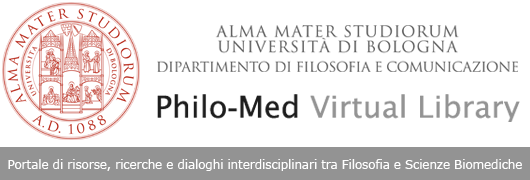Epidemiology, the study of population health by means of group comparisons, is of increasing importance to health policy and medicine, but it has never before received sustained philosophical attention. This book is the first comprehensive philosophical treatment of the science of epidemiology, drawing together material on causation, causal inference, prediction, the interpretation of effect measures, the nature of disease, and legal uses of epidemiological evidence. Old philosophical problems are seen from new angles, especially general causation, causal explanation, and the use of causal knowledge to predict. The conceptual development of epidemiology is invigorated by a critical examination of foundational doctrines. Causal inference, interaction, the interpretation of measures of attributability, risk relativism, and the notion of multifactorial disease are all scrutinized. The attempted use of epidemiological evidence in legal context is also analyzed, along with the philosophical problems it throws up. This book is essential reading for any professional or lay reader with an interest in understanding the conceptual and methodological foundations of epidemiology, as well as its difficulties.
